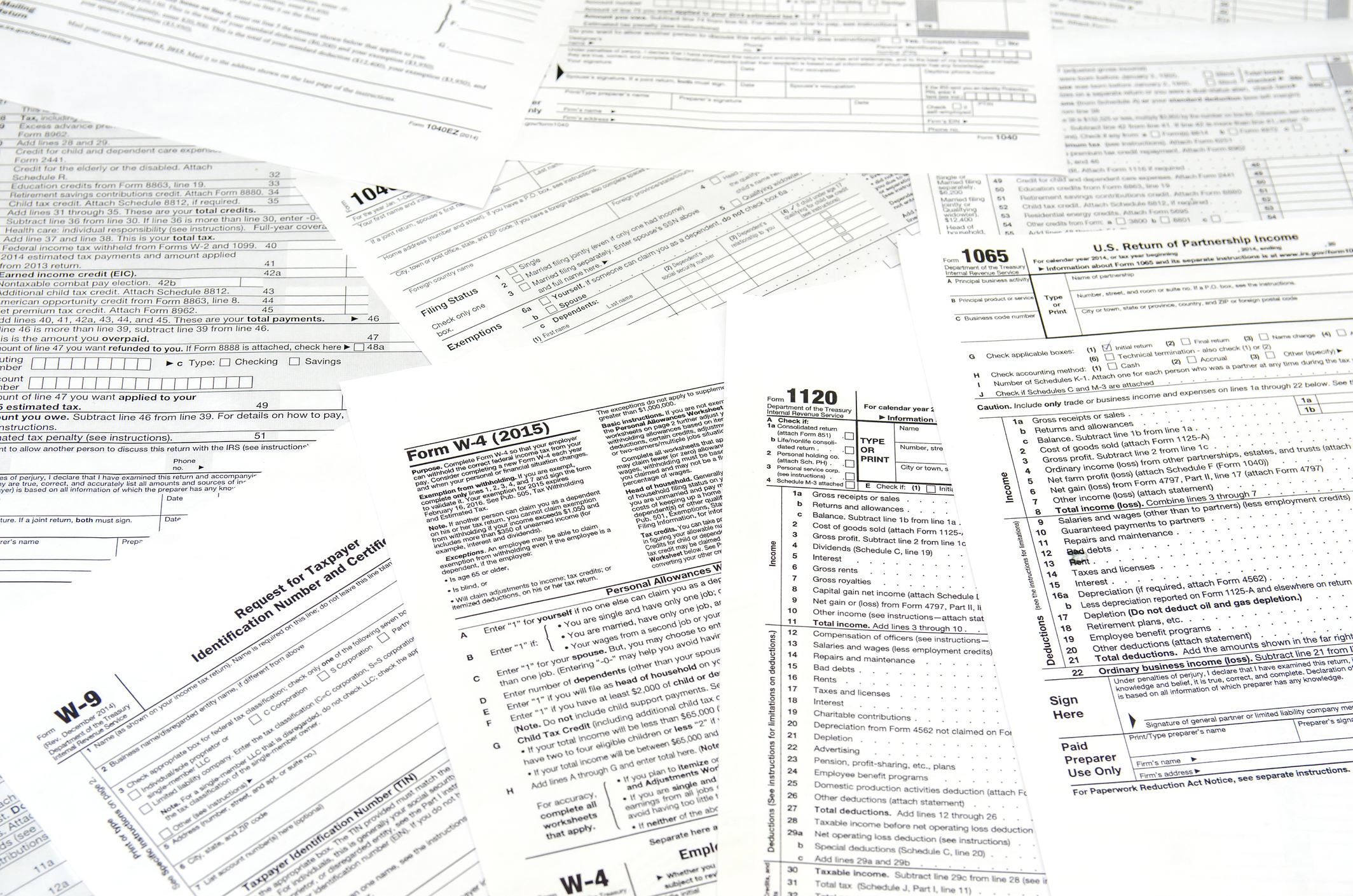If you use cryptocurrency, there's probably going to come a time when you want to transfer it. You might decide to move it from the exchange where you bought it to your own blockchain wallet for better security, or you may want to pay someone with crypto. Cryptocurrency transfers require a wallet address, and understanding how this works will help you avoid sending your crypto to the wrong person.

What is a wallet address?
A wallet address is a randomly generated string of characters connected to a blockchain wallet. It's used to receive cryptocurrency transactions to that wallet, and the wallet owner can generate an address at any time.
The format of a wallet address depends on the cryptocurrency, and it's important to use the right type of address. For example, Bitcoin (BTC -1.85%) wallet addresses are different from Ethereum (ETH -4.31%) wallet addresses. To receive Ethereum, a wallet owner needs to generate an Ethereum address. A Bitcoin address wouldn't work, and, if cryptocurrency is sent to the wrong type of address, it's lost and unrecoverable.
Wallet address explained
Cryptocurrency is stored on a blockchain, which is a ledger consisting of blocks (groups) of transactions. Wallet addresses are how cryptocurrency is transferred from one account on the blockchain to another. To explain how, we need to go over a few other elements of blockchain wallets.
Blockchain wallets, also known as crypto wallets, have two types of keys: public ones and private ones. The public key is like an account number where other users can send transactions. The private key grants access to cryptocurrency funds in that account, similar to a password.
A wallet address is a hashed version of the public key. The blockchain wallet runs the public key through a hashing function to generate the wallet address, which is a string of characters representing that public key. Transactions sent to the wallet address are effectively sent to the public key, ensuring they reach the right user.
On the subject of wallet keys, there's one extremely important rule. You can share your wallet's public key, but you should never share its private key. Since the private key provides access to the account, anyone who has it could steal your cryptocurrency.
How a wallet address works
Although blockchain wallets and wallet addresses may seem complicated, they're easier to understand by going over how a wallet address works from start to finish.
Let's say that you have a blockchain wallet, and you want to receive Bitcoin. You could share the public key, but it's lengthy, and it's more common to share a wallet address. So, in your wallet, you'd select the cryptocurrency that you want to receive. The wallet would then hash its public key for Bitcoin to create a wallet address. You could share this wallet address with anyone who wants to send you Bitcoin.
You'd also be able to send yourself Bitcoin if, for example, you had it stored on a crypto exchange and wanted to move it to your own wallet. By default, most crypto exchanges store your cryptocurrency for you in their own custodial wallets that they control. Moving crypto to your own wallet puts it fully in your control.
Wallet addresses may or may not change each time you generate them, and this depends on the cryptocurrency. With some cryptocurrencies, including Bitcoin, each address you generate is different. Previous addresses are still tied to your account and can be reused. With other cryptocurrencies, including Ethereum, wallet addresses don't change.
Wallet address examples
The format of a wallet address depends on the cryptocurrency. Most blockchain wallets can manage various types of cryptocurrency, and they generate different addresses depending on the cryptocurrency being received. For an idea of what wallet addresses look like, we'll go over a few examples.
Bitcoin wallet addresses have between 26 and 35 characters and consist of both letters and numbers. They start with either "1," "3," or "bc1." Here's an example of a Bitcoin address: 1Lbcfr7sAHTD9CgdQo3HTMTkV8LK4ZnX71.
Ethereum addresses are 42-character hexadecimal addresses. They're generated using the last 20 bytes of the wallet's public key and by adding "0x" to the front. Here's an example of an Ethereum address: 0x1ABC7154748D1CE5144478CDEB574AE244B939B5.
Stellar (XLM -3.79%) is a blockchain network with addresses that work a bit differently. Standard Stellar addresses are the same as the wallet's public key. They're 56 characters long and start with a G, like this: GBH4TZYZ4IRCPO44CBOLFUHULU2WGALXTAVESQA6432MBJMABBB4GIYI.
Stellar also has a federation protocol that allows users to create a federation wallet address. A federation address is similar to an email address and includes a username and domain. The format is "username*domain." For example, if you choose the username "xlminvestor" and use the stellar.org domain, your federation wallet address would be: xlminvestor*stellar.org.
Related investing topics
How to get a wallet address
To get a wallet address, you need a blockchain wallet. There are quite a few options available, including digital wallets and hardware wallets. Digital wallets, also known as hot wallets, are software on a computer or smartphone and are free. Hardware wallets, also known as cold wallets, are devices you buy that store crypto offline.
Digital wallets are a popular choice because they don't cost anything and they're convenient to use. Here are a few widely used digital wallets:
- MetaMask
- Trust Wallet
- Coinbase Wallet
Hardware wallets provide more security because they use cold crypto storage, meaning storage that isn't connected to the internet. Trezor and Ledger are two of the most popular manufacturers of hardware wallets, and each has multiple options at different price points.
Once you have a wallet, open it and choose the cryptocurrency you plan to receive. You may also need to select a "Receive" option, although this depends on the wallet. Your wallet will generate an address compatible with that specific cryptocurrency.
Make sure you copy and paste the address. Typing it yourself isn't recommended because a single mistake will prevent you from receiving a transfer. Cryptocurrency transactions are irreversible, so it's impossible to get funds back if there's a typo in the address.
Using wallet addresses is a key part of managing cryptocurrency. If you've decided to invest in cryptocurrency, risk management is also important. Since the crypto market is highly volatile, stick to long-term investments and only spend money you can afford to lose. Also take some time to review how to store cryptocurrency so that you can keep your funds safe.


















